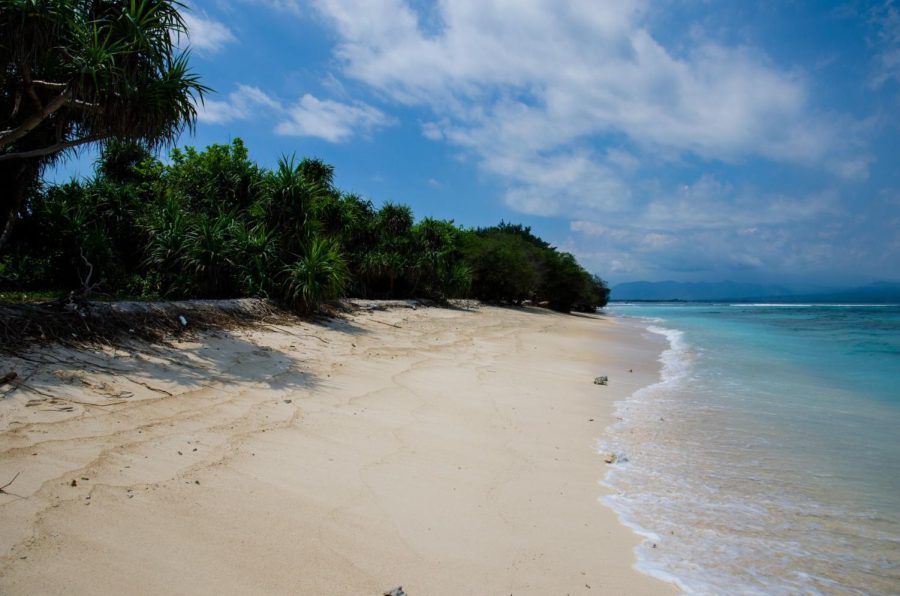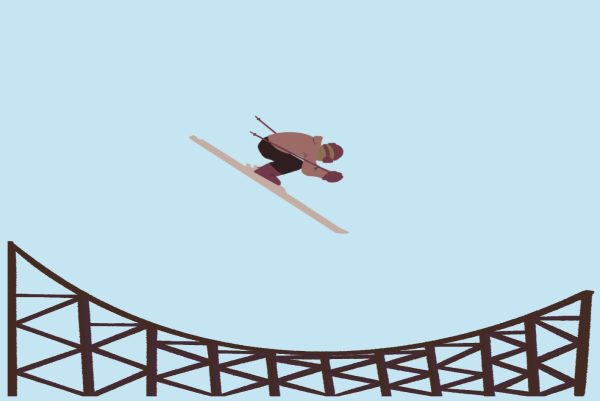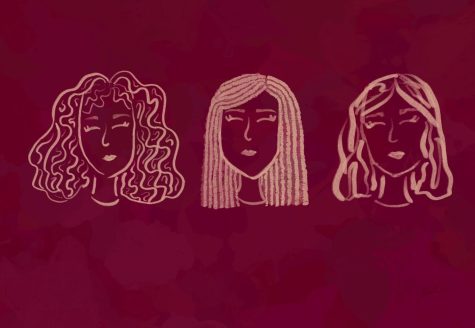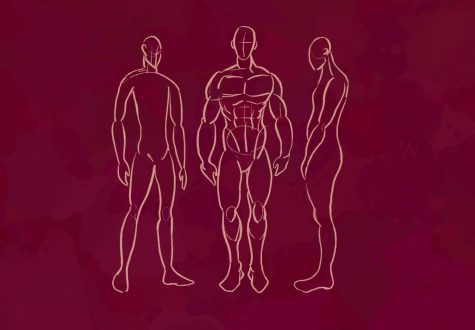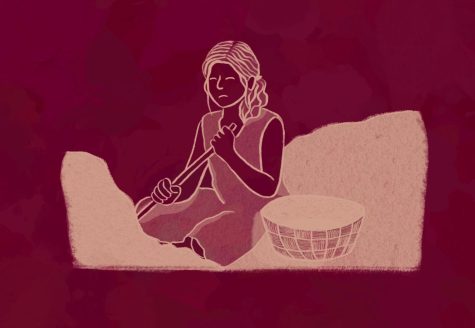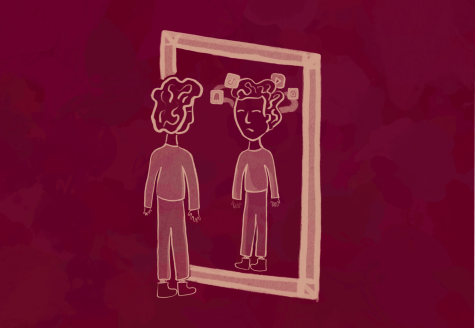Contacting uncontacted tribes: how not to do it
In November of 2018, a Christian evangelist named John Allen Chau attempted to contact the Sentinelese tribe on a remote island in the Indian Ocean, only to lose his life. From a young age, Chau had been exposed to books like Robinson Cruesoe; the dream of exploration, discovery and survival interested Chau greatly. With his growing faith in Christianity, his fantasy would come true: he would become a missionary and explore the world. Graduating from Oral Roberts University, an evangelical Christian college, he had been introduced to several missionary groups that sent him across the world to places like Iraq Kurdistan and Mexico. He would be introduced to the Sentinelese people through these missionary groups. In 2018, he described Sentinel Island as, “the last stronghold of Satan on Earth,” and set out to convert them to Christianity. Preparing for his voyage with several vaccinations, he was able to bribe two fishermen to take him. That would be the last confirmed sighting of him alive.
Chau was an intelligent, thrill-seeking man. However, he was misguided by old, outdated concepts of exploration and discovery. The Age of Exploration had similar goals that Chau did: to spread Christianity to everyone around the world. However, most modern-day explorers and missionaries do not have the absence of morality that the old-world conquistadors did. They take into account every action without the use of violence. They also must take into account the effect of contact, being absolutely certain no diseases are present. However, the modern pop culture’s understanding of explorers does not accurately portray this precaution-filled reality of modern-day expeditionary work. Our media needs to stop romanticizing the exploration of native tribes.
Unlike modern expeditions, many of which are focused on learning and exploring new lands, Chau focused more on personal gain than intellectual pursuits. Christopher Columbus wanted a lucrative trade route to India; Juan Ponce de Leon wanted to exploit fertile land and find gold. These men of the Age of Exploration wanted to gain from exploring the New World. However, modern-day expeditionary work is strictly scientific or anthropological; the work must stay purely intellectual. Now, scientists and anthropologists aim to contact the natives as little as possible. Chau was on the extreme spectrum of this obsession with exploration and tribal people, but there is a more moderate side to it.
A Youtube channel named “Tribal People Try” has over 400 thousand subscribers, and its most popular video has 8 million views. Their videos consist of native peoples from the province of Punjab, in Pakistan, eating foods of different cultures and reacting to them. In the comment sections of those videos you will see people of all cultures being honored that the tribal people liked their food, or showing amusement and disappointment when they dislike their foods. As entertaining as these videos are, the interest is mostly one-sided. Viewers seek to expose their own culture and gauge reactions from the tribal people but, still, do not learn more about the tribal peoples’ culture and traditions. While videos like these are purely entertainment, a snapshot into how modern society separates tribal culture and themselves.
John Allen Chau was an extremist, he had a purpose: to save the people of Sentinel Island from their ignorance of God. However, these reaction videos have no purpose and that makes them far more insidious. The viewer is introduced to a new culture in the most shallow way possible, not to learn, but to be entertained. Instead of engaging with the different cultures, the viewer looks for the reaction of the tribal people eating a burrito or a burger. They are searching for a reaction to their own culture for their own amusement; the channel never shows the names of the tribe or people in these videos, and so, to your average viewer, they represent a people isolated from the developed world. They are only entertainers to the viewer. For the people who engage with these videos, the tribal people are different to them, and that mindset is harmful for the viewer and the tribal people



